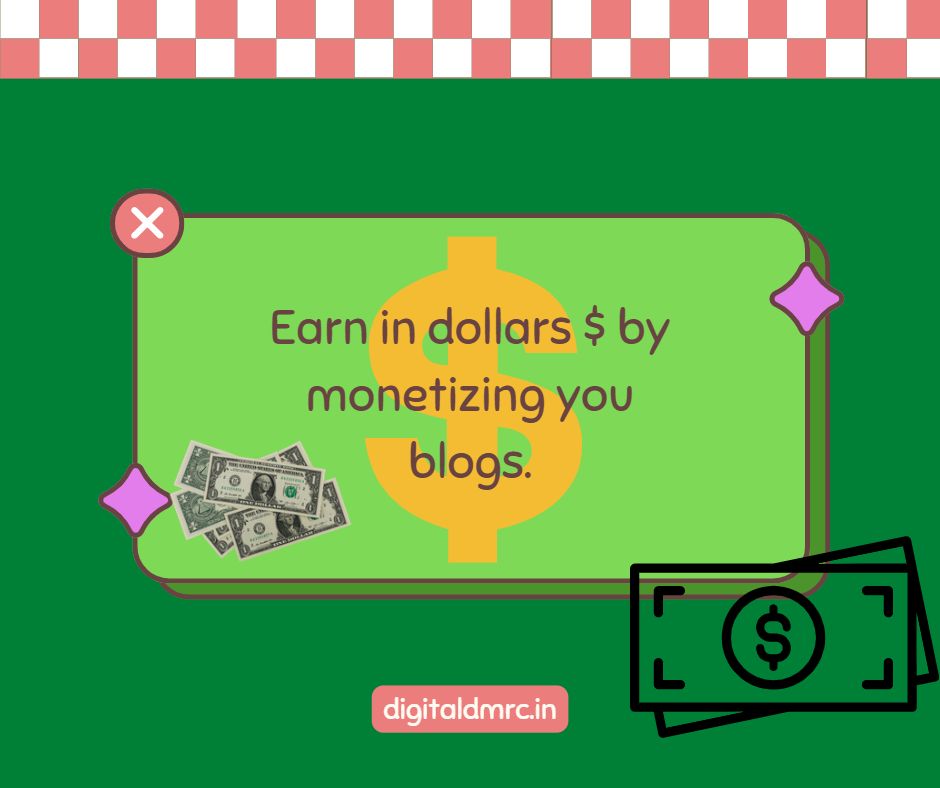Freelancing has become an increasingly popular career choice in recent years, giving one the freedom and independence to work on one’s terms. In a sense, freelancing is a way of working independently, working for clients or companies on a project-by-project basis, rather than being employed by a single employer. Freelancers can work in a wide variety of fields, from writing and graphic design to programming and consulting, and can set their rates, choose their clients, and manage their schedules. In this blog, we’ll explore the ins and outs of freelancing, provide tips and advice for those looking to start their freelance careers, as well as an insight into the challenges and opportunities of this exciting and dynamic field.
To read more blogs on digital marketing click here
Benefit Of Freelancing
Freelancing has many benefits, which is why it has become such a popular career choice for many people. Here are some of the main advantages of freelancing:
Flexibility: Freelancing allows you to work on your terms, giving you the freedom to set your schedule and choose the projects you work on. This can be especially beneficial if you have other commitments, such as childcare or caring for a family member.
Independence: Freelancing allows you to work independently, without being tied to a single employer. This can be empowering and can allow you to take more control over your career.
To read more blogs on digital marketing click here
Variety: As a freelancer, you can work on a variety of projects for different clients, which can be intellectually stimulating and can help you develop a diverse set of skills.
Higher earnings potential: Freelancers can often charge higher rates than employees, which can lead to a higher income. Additionally, freelancers can often take on multiple projects simultaneously, increasing their earning potential.
Professional growth: Freelancing can provide opportunities for professional growth and development, as you work with different clients and gain experience in different areas.
Pros of freelancing:
Flexibility: Freelancing offers a great deal of flexibility, allowing you to work when and where you want. This can be particularly beneficial if you have other commitments, such as caring for children or elderly relatives.
Autonomy: As a freelancer, you have more control over your work and the projects you take on. You can choose to work with clients and on projects that interest you, and you have the freedom to set your schedule and work style.
Variety: Freelancing can offer a lot of variety, as you can work on different projects for different clients. This can be intellectually stimulating and can help you develop a diverse set of skills.
Income potential: Freelancers can often earn more than traditional employees, as they can set their rates and take on multiple projects at once.
Work-life balance: Freelancing can offer a better work-life balance than traditional employment, as you have more control over your schedule and can often work from home.
cons of freelancing to consider:
Income instability: Freelancers do not have a steady paycheck and may experience fluctuations in income from month to month. This can be a challenge, especially when first starting as a freelancer.
Lack of benefits: Freelancers typically do not receive benefits such as health insurance, retirement plans, or paid time off. This means they are responsible for securing their insurance and planning for retirement.
Isolation: Freelancers often work alone and may miss the social interaction and support of a traditional office environment.
Self-employment taxes: Freelancers are responsible for paying their taxes, which can be more complex than traditional payroll taxes.
Administrative tasks`: Freelancers must handle all administrative tasks associated with running their business, such as invoicing, accounting, and marketing.
freelancing can be a viable career option for those who value flexibility, autonomy, and the opportunity to work on a variety of projects. Freelancing offers the freedom to set your schedule and work on projects that interest you, as well as the potential to earn a higher income than traditional employment. However, freelancing also comes with its own set of challenges, including income instability, lack of benefits, and the need to handle all administrative tasks associated with running a business. By carefully weighing the pros and cons of freelancing and taking steps to prepare for the challenges, many people can find success and fulfillment as freelancers.
FAQ
| Question | Answer |
|---|---|
| What kind of skills do I need to be a freelancer? | The skills you need will depend on the type of work you want to do as a freelancer. Some common skills include writing, graphic design, programming, web development, social media marketing, and consulting. |
| How do I find clients as a freelancer? | There are several ways to find clients as a freelancer, including networking, using online job boards or freelance platforms, reaching out to potential clients directly, and building a portfolio of work to showcase your skills. |
| How do I set my rates as a freelancer? | Setting your rates as a freelancer can be tricky, as you want to ensure you are being fairly compensated for your time and skills, while still remaining competitive. It’s a good idea to research industry standards and take into account your experience level, the complexity of the project, and any additional expenses you may incur. |
| How do I manage my time as a freelancer? | Managing your time as a freelancer is essential to ensuring you can meet deadlines and complete projects to a high standard. Some tips for effective time management include setting a schedule, prioritizing tasks, taking breaks when needed, and using time tracking tools. | What are the downsides of freelancing? | While freelancing can be a rewarding career path, there are some potential downsides to consider, such as irregular income, lack of benefits, isolation, and the need to manage all aspects of your business yourself. However, with careful planning and preparation, many of these challenges can be overcome. |
Digital dmarc blogs



